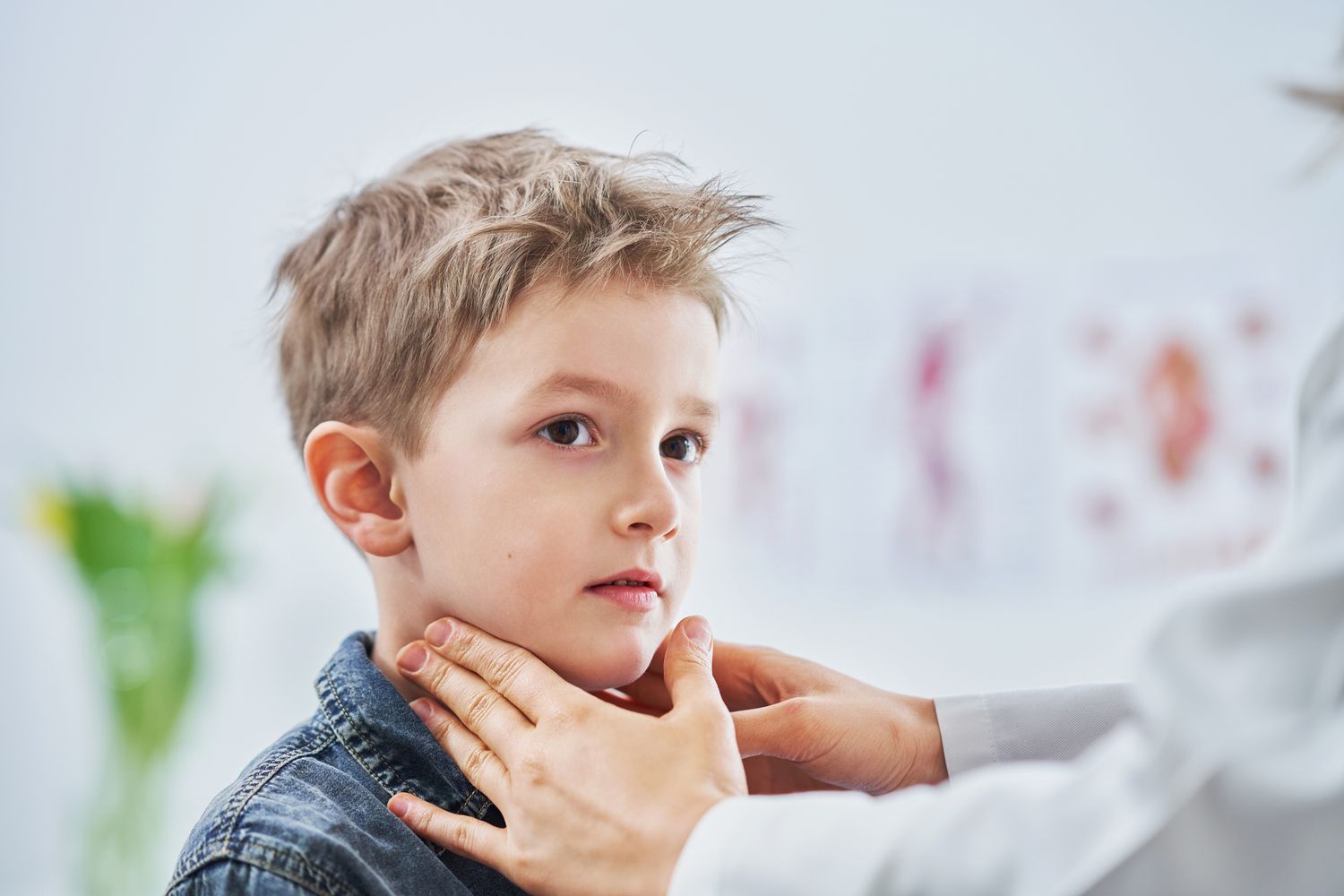
Key facts
- Mumps is a viral illness which can spread from one person to another easily.
- It commonly causes fever, tiredness and swelling of the salivary glands in the face.
- Mumps can cause serious complications and have a lasting effect on your health, such as hearing loss and infertility.
- Vaccination is the best protection against mumps.
What is mumps?
Mumps is a contagious viral illness. It does not always cause symptoms. If mumps does cause symptoms, it can bring about a fever, swelling of the salivary glands (parotitis) and inflammation in other parts of the body.
Some cases of mumps lead to complications that have lifelong effects, such as hearing loss and infertility. Getting mumps during pregnancy can also increase your risk of miscarriage.
Mumps is now rare in Australia. This is thanks to the mumps vaccine that children receive during routine childhood immunisation. Mumps outbreaks do sometimes still occur among people who are not immune.
This page focuses on advice for adults and children from 5 years of age. You can find information about mumps during pregnancy and in babies and younger children on the Pregnancy, Birth and Baby website.
What are the symptoms of mumps?
Around 1 in 3 people who have mumps show no symptoms. In other people, symptoms of mumps develop about 2 – 3 weeks after they have had contact with an infected person. You can still pass on the mumps to others even when you have no symptoms.
Mumps starts as a flu-like illness, with symptoms such as:
- fever
- headache
- body aches
- poor appetite
- tiredness
If you get symptoms, you are likely to develop sore, swollen salivary glands in your face (parotitis). This classic sign of mumps involves swelling that can affect one or both sides of the face.
Complications of mumps may cause other symptoms. If you have mumps and develop new symptoms, or your symptoms get worse, speak to your doctor.
What causes mumps and how is it spread?
A virus causes mumps.
Mumps spreads through contact with an infected person’s breathing fluids, for example, if they cough or sneeze near you. You can also catch mumps from having direct contact with an infected person’s saliva.
Mumps is very contagious. This means that it spreads from one person to another easily. If you have mumps, it is important to stay home from childcare, school or work until your doctor says you can no longer pass it onto someone else.
You are contagious with mumps even before the facial swelling starts. You will continue to be contagious while there is facial swelling, or until 9 days have passed after the start of any facial swelling.
Ask your doctor if you are not sure when you or your child can safely return to work or school.
Mumps is a notifiable condition. This means that your doctor needs to tell local health authorities if they see anyone with mumps. It is important for local health authorities to know about cases of mumps in the community so they can act quickly to control any outbreaks.
Who is at risk of getting mumps?
Anyone of any age can catch mumps if they are not immune. You are immune to mumps if you have been sick with it in the past or received a course of mumps vaccinations. In Australia, people born before 1966 are generally considered to be immune because it is likely that they caught mumps in childhood.
What should I know about mumps and pregnancy?
Catching mumps during early pregnancy can increase the chance of miscarriage.
Mumps vaccines are not recommended during pregnancy. If you are planning a pregnancy, see your doctor for a pre-conception health check. This usually includes making sure that you are immune to infections like mumps. Your doctor will check your vaccination history and sometimes refer you for a blood test.
At the health check, ask about vaccines recommended for you before you try to conceive.
When should I see my doctor if I have mumps?
See your doctor if you or your child has symptoms of mumps. Your doctor will give you an accurate diagnosis.
Since mumps is contagious, it is important to call ahead before you visit your doctor. This is so they can separate you from other patients in the clinic. Ask your doctor about the possibility of a home visit or telehealth appointment, such as a phone or video call.
If you have concerns about your health, or severe symptoms, you should see your doctor urgently. Severe symptoms include:
- high fever
- severe drowsiness
- neck stiffness
- swollen or painful testicles
- abdominal pain
- back pain
How is mumps diagnosed?
Your doctor will ask you about your symptoms and examine your face and body. They may ask if you have had contact with anyone who has mumps, and about your vaccination history.
If your doctor thinks that you have mumps, they may refer you for a blood test, urine test or throat swab. These tests can confirm the diagnosis.
How is mumps treated?
There is no specific medicine or treatment for mumps. Antibiotics will not help you recover from mumps faster. This is because a virus, not bacteria, causes mumps. Antibiotics are for treating infections caused by bacteria.
Most people recover from mumps by themselves without medical treatment. But the symptoms can be uncomfortable. You can try these ways to relieve your symptoms at home:
- getting plenty of rest
- drinking lots of fluid
- taking paracetamol to relieve fever
- using cold packs to relieve facial pain and swelling
If your symptoms are severe or you suffer from health complications, you may need treatment in hospital.
How can I prevent mumps?
Vaccination is the best way to prevent mumps.
You will receive the mumps vaccine as a combination vaccine for measles, mumps and rubella (MMR) or measles, mumps, rubella and varicella (MMR-V). Both types of vaccines are very effective and have similar side effects. Your doctor can advise which vaccine is right for you.
MMR and MMR-V vaccinations do not cause autism. Medical and scientific experts have completely discredited any research that might have suggested a link between the MMR and MMR-V vaccines and autism.
Children get 2 doses of mumps-containing vaccine for free on the National Immunisation Program Schedule at 12 and 18 months of age.
Vaccination for mumps is only effective if you get it before you have contact with an infected person. If you were born during or after 1966, and have not had the mumps vaccine, speak to your doctor about getting vaccinated.
The mumps vaccine is not recommended for pregnant women or people who have a weakened immune system.
| At what age is vaccination recommended? | Children aged over 12 months: usually given at 12 and 18 months of age. People born during or since 1966 who got vaccinated against mumps. |
| How many doses? | 2 |
| How is the vaccine administered? | You will receive the vaccine by injection. |
| Is it free? | Mumps vaccination is free for people under 20 years of age and refugees entering Australia at any age on the National Immunisation Program. Your doctor may charge a consultation fee for your visit. You can find your nearest bulk billing (no fee) GP clinic using the healthdirect Service Finder tool. |
| Common side effects | Vaccination against mumps is safe, but side effects can occur. Common side effects include redness at the injection site, a rash or a fever. Side effects from the mumps vaccine usually occur about a week after receiving it. |
Complications of mumps
Most people with mumps recover on their own without medical treatment.
Sometimes, mumps causes complications that can be serious and have lasting effects on your health.
- Encephalitis or meningitis, which is inflammation of the brain or its linings, can cause long-term hearing loss or death.
- Orchitis, which is inflammation of the testicles, affects about 15 – 30% of men who catch mumps and can lead to infertility.
In rare cases mumps can also cause inflammation in other parts of the body including the:
- heart (myocarditis)
- pancreas (pancreatitis)
- ovaries (oophoritis)
- liver (hepatitis)
- thyroid (thyroiditis)
- breasts (mastitis)
If your complications are severe, you may need treatment in hospital.




